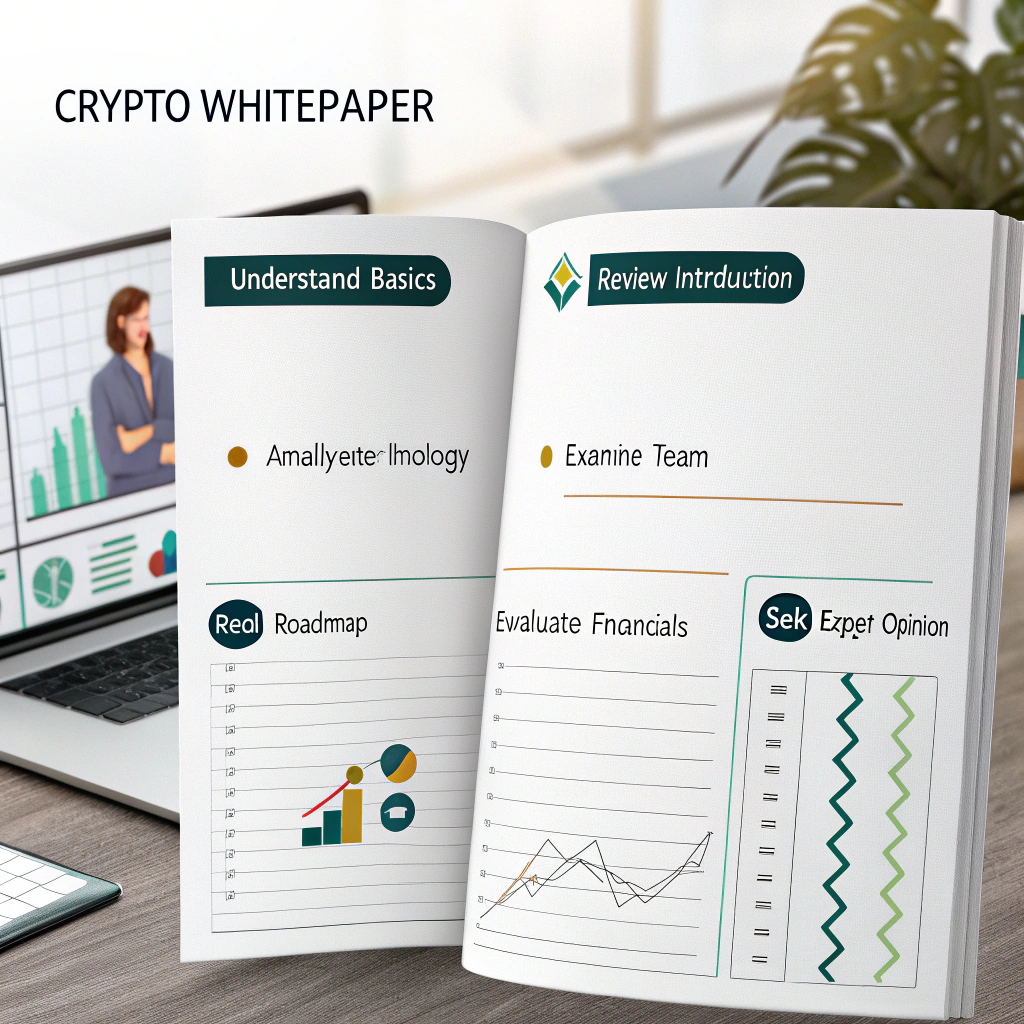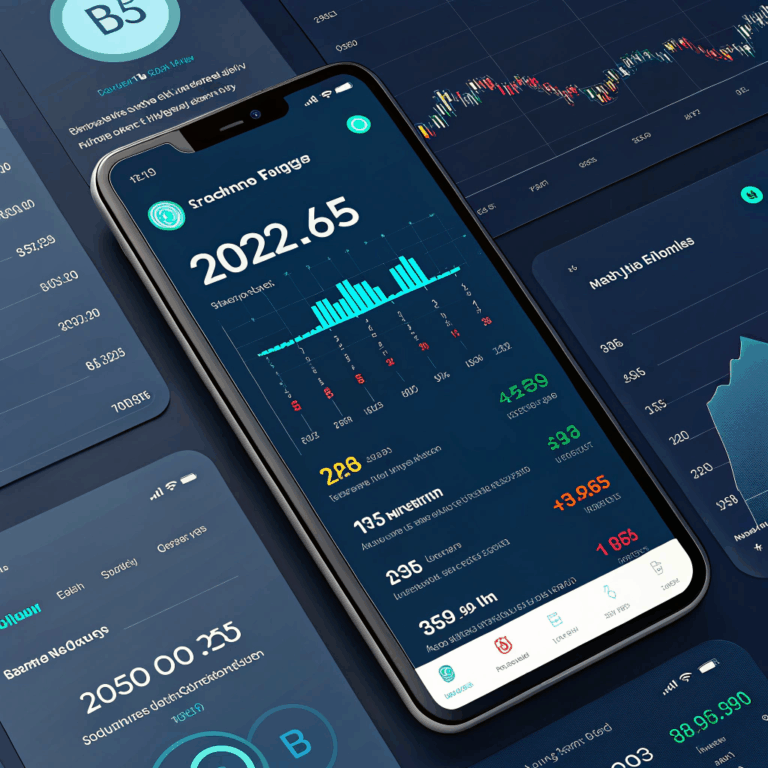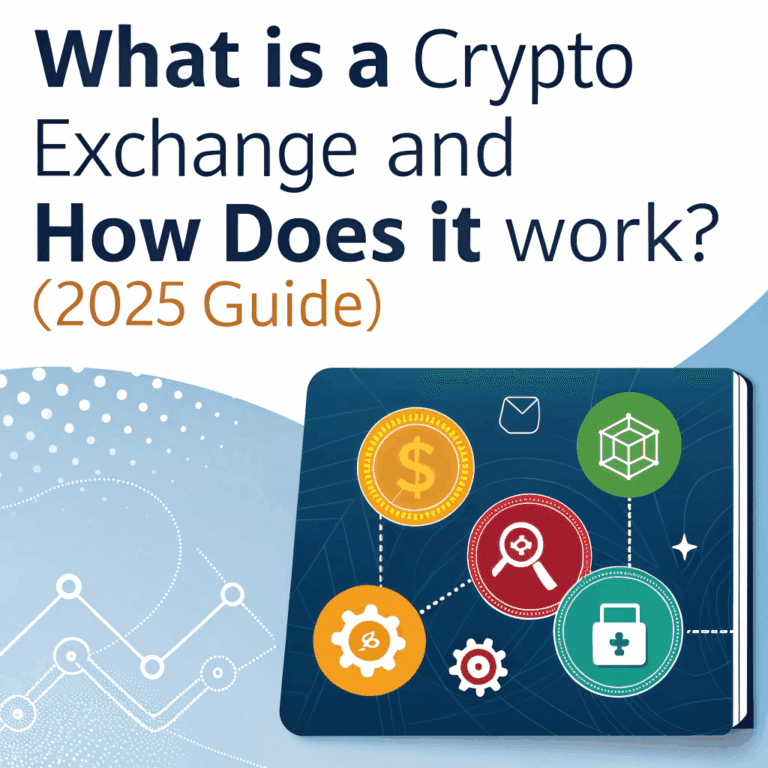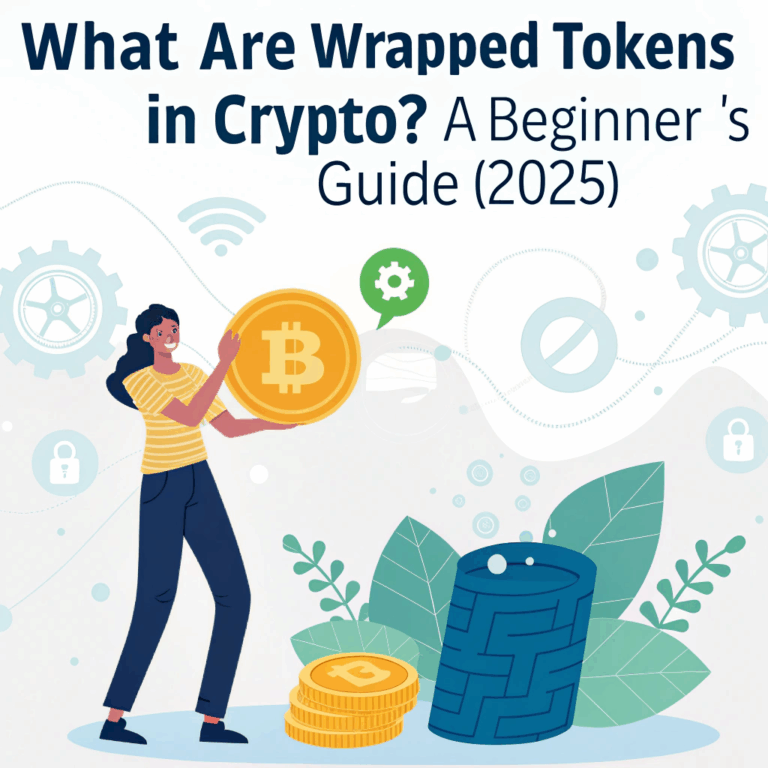How to Read a Crypto Whitepaper (Step-by-Step Guide – 2025)

Introduction
Before you invest in any crypto project, you need to understand what it actually does — and the whitepaper is where all the details are. In 2025, strong whitepapers are a key sign of legit projects, while weak or vague ones are often red flags. This guide shows you how to read and understand them.
What Is a Crypto Whitepaper?
A whitepaper is a technical and strategic document that outlines the purpose, design, and functionality of a blockchain project.
It’s like a startup business plan, but for crypto.
Most whitepapers include:
- The project’s vision
- Technical specs
- Token details
- Roadmap and goals
Why Whitepapers Matter
✅ They help investors evaluate a project before investing
✅ They show the credibility and transparency of the team
✅ They lay out the use case, market opportunity, and technical plan
In short: If the whitepaper is bad, don’t trust the project.
Key Sections of a Whitepaper
🔹 Project Overview
What is the project, in one or two paragraphs?
- What problem does it solve?
- Is it clear and focused?
🔹 Problem and Solution
- What existing issue are they targeting?
- How does their tech improve on current systems?
- Is this a real problem, or a made-up one?
🔹 Tokenomics
- Max supply
- Circulating supply
- Utility of the token
- How is it distributed?
- Is there a burn or staking mechanism?
If tokenomics are vague or unfair, it’s a red flag.
🔹 Technology Stack
- What blockchain is it built on?
- Custom chain or EVM-compatible?
- What programming languages or smart contracts are used?
Bonus if open-source on GitHub.
🔹 Roadmap
- What has been delivered?
- What are the next steps?
- Are the goals realistic with deadlines?
Projects without a roadmap = 🚩
🔹 Team and Advisors
- Is the team public and experienced?
- Do they have LinkedIn or verifiable info?
- Any partnerships or past successes?
Anonymous teams are risky unless proven.
🔹 Use of Funds
If raising money:
- What % goes to development, marketing, ops, legal?
- Is the allocation reasonable?
Example: 40% dev, 25% ops, 20% marketing, 15% legal
🔹 Legal Disclaimer
Many whitepapers include notes about:
- Regulatory status
- Whether tokens are securities
- Country-specific rules
Always read this, especially if you’re in the U.S. or EU.
How to Spot Red Flags
🚩 Overly technical to confuse readers
🚩 Copy-pasted content from other projects
🚩 No tokenomics or unclear use case
🚩 Promises of guaranteed profits
🚩 No GitHub, no roadmap, no public team
🚩 Looks like AI-generated or fake whitepaper
Questions to Ask While Reading
- Does the project solve a real problem?
- Is the token actually needed?
- Who controls the token supply?
- Is the team credible and public?
- Is the roadmap reasonable and specific?
- Is the whitepaper clear or full of fluff?
Tools to Help You Analyze Whitepapers
- Messari.io – project data + summaries
- CryptoRank.io – tokenomics and vesting
- ICO Drops – past and upcoming token sales
- CoinGecko – token supply and team info
- DeFiLlama – track real usage and liquidity
Real Example Walkthrough (Simplified)
Let’s say you’re reading a whitepaper for a DeFi lending platform.
✅ It explains how current lending protocols are inefficient
✅ It shows how they use Layer 2 tech to reduce gas fees
✅ Token is used for governance + rewards
✅ Roadmap includes testnet → audit → mainnet in 6 months
✅ Team is public, with real LinkedIn profiles
This is a green light project worth further research.
FAQ
Are all whitepapers written in English?
Most are — but some projects offer translations.
Can a project succeed without a whitepaper?
Rarely. A whitepaper is a basic sign of legitimacy.
Is a long whitepaper better than a short one?
Not always — clarity is more important than length.
What if I don’t understand parts of it?
That’s okay. Focus on key sections, or look for simplified summaries on YouTube, blogs, or forums.
Conclusion
Reading a whitepaper doesn’t require being a developer — it requires being curious, cautious, and clear-headed. In 2025, successful crypto investors know how to spot the difference between hype and value. A strong whitepaper is often the first step in identifying a winner.





